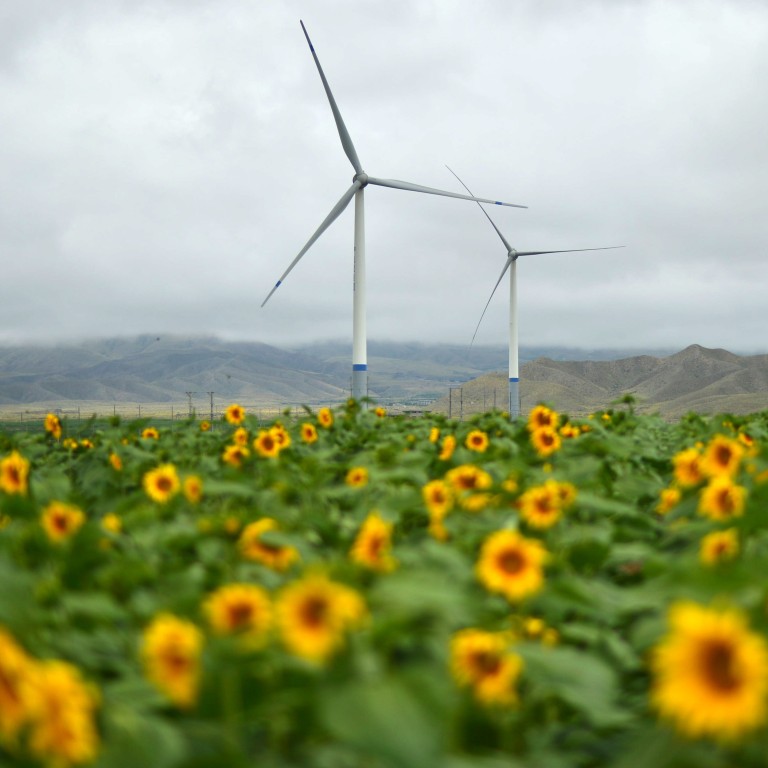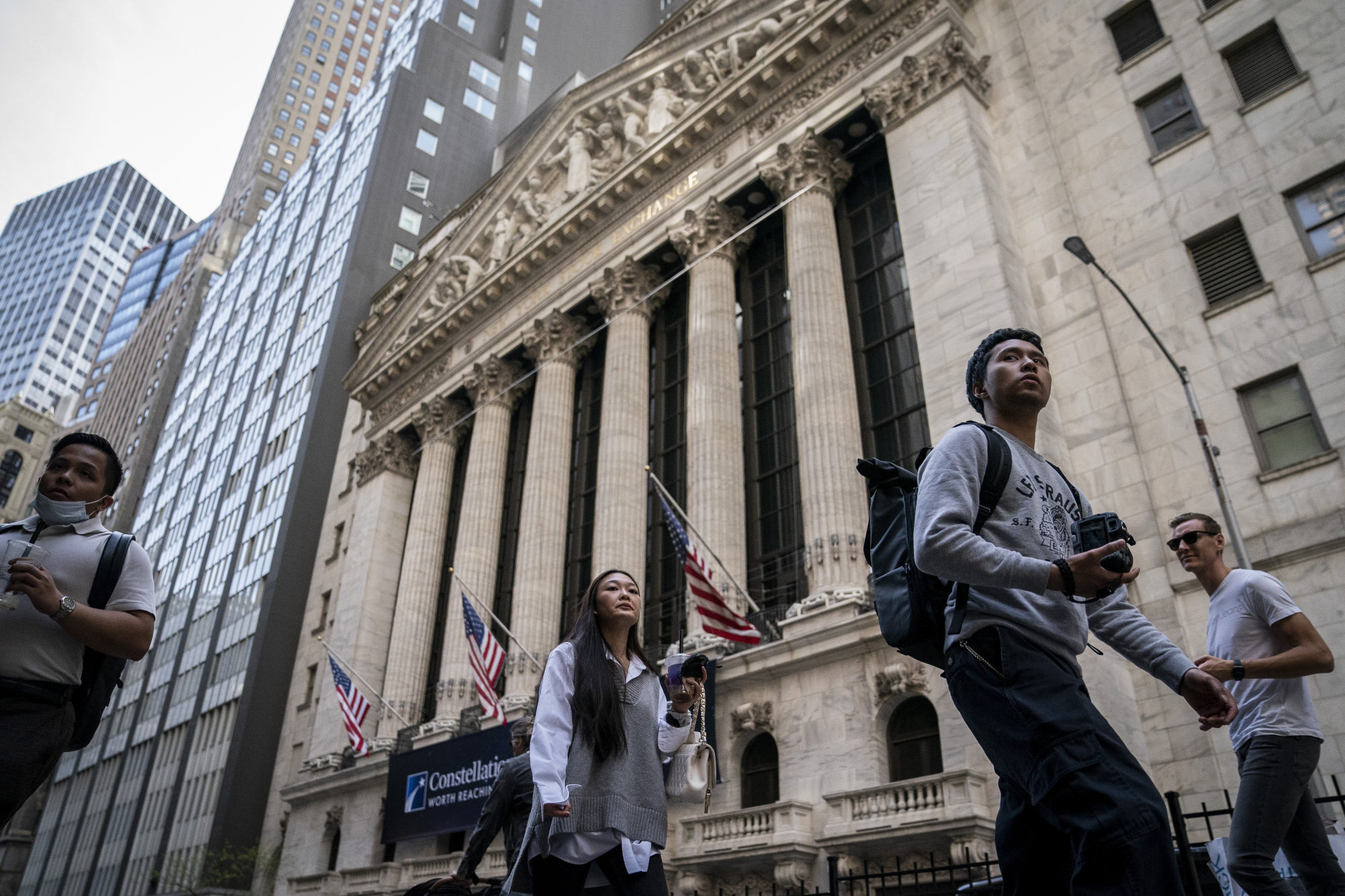
How the climate crisis generation can usher in an era of responsible capitalism
- The longest market boom in history saw the rise of all-powerful tech billionaires but did virtually nothing to serve socio-economic needs or mitigate climate change
- Now, with the world on the brink of an economic slowdown, a new generation of investors want less speculation and more sustainability
Japan has recently introduced lessons on finance and investing into its high school curriculum, an idea which only a few others (in Asia at least) have experimented with. It is a laudable initiative, but what are young people to make of yet another stock market boom that is now going bust?
If they are not to conclude (as economist John Maynard Keynes did) that stock markets are basically “casinos” and that what they are being taught is how to gamble on the market, then potential young investors need to be given a grounding in the alternative forms of capitalism that exist.
This kind of broad approach is more important than ever when the capital needed to finance the fight against climate change is estimated to be around US$100 trillion, with tens of trillions more needed for infrastructure and other forms of long-term investment.

Yet, according to asset managers (including those in Japan who are riding a growing wave of enthusiasm by millennials and other younger investors), climate change alleviation and mitigation is precisely where younger people want their investments directed.
If this kind of boom and bust cycle dictated by the whim of the market is not to continue indefinitely, leaving some vital areas of investment neglected while others explode into a speculative frenzy (and leaving the world as a whole worse off), then market capitalism needs an overhaul.
Now is precisely the time to set in motion such a review when we are arguably on the brink not only of a savage new bear market in stocks but also a crisis of debt and inflation. What is needed is a new financial architecture built on sounder foundations.
Younger people generally have the sense of idealism needed to support such a revolution, and more enlightened fund managers are hoping to capitalise (literally and figuratively) on this fact. Even Wall Street titans such as Larry Fink of BlackRock acknowledge the need for fundamental change.
Fink suggested recently in one of his letters to shareholders that a new form of financial partnership between private capital and (government-owned) Multilateral Development Banks (MDBs) is needed to tackle challenges such as dealing with the climate change problem.
This was a particularly meaningful statement and it is being echoed by other key figures who have realised that without the kind of institutional and organisational capabilities which the MDBs possess, the ability to structure massive capital investment projects will not materialise.
This is as true in areas such as infrastructure provision, healthcare, post-war reconstruction and others as it is in the field of climate change alleviation. It implies a shift from “pure” market capitalism to a form of quasi-state capitalism and to a more planned economic model.
It also implies the need for new kinds of financial instruments – equities, bonds or hybrid varieties whose proceeds are dedicated to specific sectors and projects. And it suggests a need for MDBs and other quasi-state bodies to become bigger stock market players as issuers of securities.
Not only would this give greater “direction” to finance, it would also provide millennials with the targeted forms of investment they are apparently eager for and which the rather nebulous “ESG” (environment, social and governance) investment route does not provide them with.
Megajoules of human energy and brain power have been devoted on Wall Street in recent decades to devising sophisticated and opaque forms of financial instruments (subprime mortgages, for one), which have contributed nothing to society beyond confusion and systemic financial crises.
Finance often seems to lurch from one crisis to another and the guardians of our society do nothing but shrug their shoulders at such wanton economic excess, ignoring the failures of too much laissez faire. The fact that they are guardians of the nation’s savings systems seems to elude them.
Capitalism has gone through many evolutions, from merchant and industrial forms to a hybrid of institutional and individual capitalism, plus state capitalism in places like China. It needs to go further now, beyond stock market speculation into socially responsible forms of communal investment.
Anthony Rowley is a veteran journalist specialising in Asian economic and financial affairs



